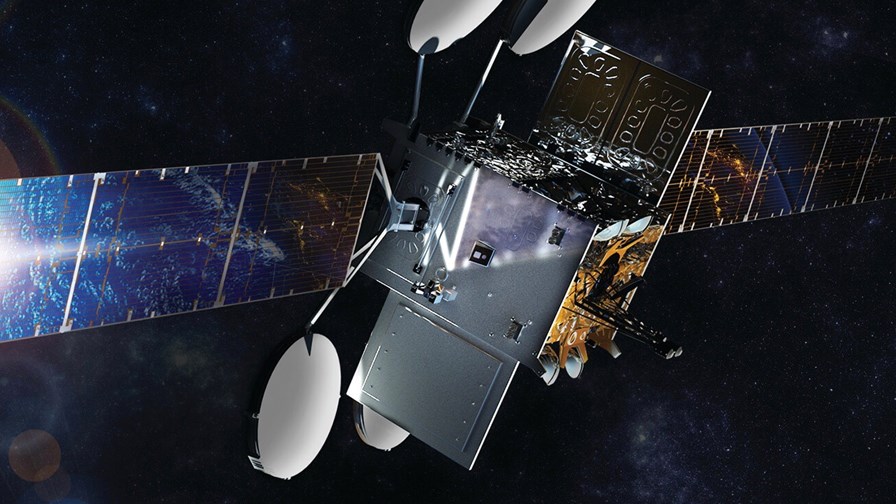
- Viasat to swallow Inmarsat in $7.3B deal
- President Biden’s Infrastructure Investment Act crosses the finishing line
- MTN eyes up Telkom
A major satellite M&A deal and the green light for a broadband spending goldrush in the US get this week’s news off to a valuable start.
US satellite giant Viasat is to acquire UK rival Inmarsat, now headed up by former Nokia CEO Rajeev Suri, in a cash and stock deal valued at $7.3 billion (including the assumption of $3.4 billion in net debt). “The complementary assets and resources of the new organization will enable the availability of advanced new services in mobile and fixed segments, driving greater customer choice in broadband communications and narrowband services,” including IoT, noted Viasat in its official announcement about the deal. "Joining with Viasat is the right combination for Inmarsat at the right time," said Inmarsat CEO Suri, who only took on the role in March this year. "Viasat is a terrific innovator and Inmarsat brings some powerful additions: global reach, a broad distribution channel, robust business momentum and a presence in highly attractive global mobility segments. Together, the two companies will create a new global player with the scale and scope to help shape the future of a dynamic and growing industry... The industrial logic is compelling and ensures that the U.K. has a strong and sustainable presence in the critical space sector for the long term." There is also the financial logic for Inmarsat’s current owners, private equity firms Apax Partners and Warburg Pincus, which along with two Canadian pension funds bought Inmarsat in 2019 in a deal valued at $6 billion (including debt). News of the deal, which came as Viasat reported a 27% year-on-year increase in fiscal second quarter revenues to $701 million, hasn’t gone down so well with Viasat’s shareholders, though, as the company’s stock has lost almost 12% of its value in Monday trading to dip to $59.01.
After something of a struggle, US President Joe Biden saw his $1.2 trillion Infrastructure Investment Act get the votes it needed in the House of Representatives and herald a new era in key infrastructure investments in vital services, including $65 billion allocated to broadband networks. Of that total, $42.45 billion will be allocated to US states under the Broadband Equity, Access, and Deployment Program, while $1 billion will (importantly) go to “middle mile” infrastructure (backhaul and other data transport connectivity that doesn’t directly connect to an end user). The Affordable Connectivity Program has been allocated $14.2 billion. Check out further details in this Axios article. The Act had been expected to pass, so the news hasn’t particularly made a massive difference to the stock markets, but there’s little doubt that this spells good news for the companies that make broadband access infrastructure – think ADTRAN, Calix, DZS and Nokia in particular. As previously noted, what’s important next is to ensure that these funds are not wasted due to avoidable inefficiencies and the imposition of unsuitable deployment models. (See Once-in-a-generation US infrastructure improvement programme needs close central and local management oversight.)
Is some major operator M&A action in the works in South Africa? Bloomberg reports that the pan-African MTN Group has made a takeover bid for Telkom SA, a move that would combine the country’s second and third largest operators behind market leader Vodacom. Would regulators even consider such a combination, though?
Brazil’s 5G airwaves auction, the country’s “largest spectrum offer” ever, raised R$47.2 billion (US$8.5 billion), reports the country’s regulator Anatel. The auction, which included lots in the 700 MHz, 2.3 GHz, 3.5 GHz and 26 GHz bands, saw smaller players as well as major operators Claro, TIM and Telefónica Brasil (Vivo) make successful bids.
Email Newsletters
Sign up to receive TelecomTV's top news and videos, plus exclusive subscriber-only content direct to your inbox.




